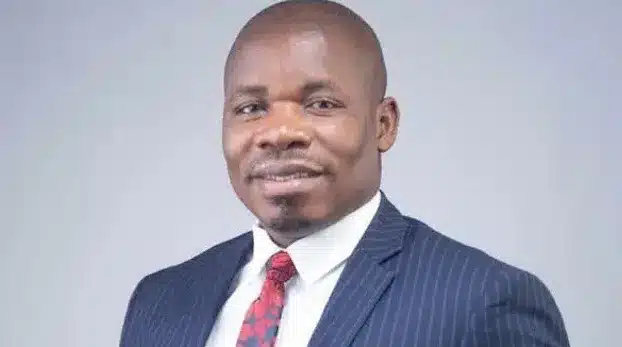Nigeria’s automotive sector has thrown its weight behind Oluwemimo Osanipin, Director-General of the National Automotive Design and Development Council (NADDC), while warning that inconsistent government policies are driving away investors and crippling local production.
At the 45th Annual General Meeting of the Association of Automobile, Boatyards, Transport Equipment and Allied Employers of Nigeria (AABTEAEN), held last week at Honda Manufacturing Nigeria Limited, Otunba Jaiyesimi, President of AABTEAEN and Deputy Managing Director of CFAO Motors, praised Osanipin’s industry-driven leadership but stressed the urgent need for policy stability and practical reforms.
“We believe that whatever he is doing now, he should be able to get it. But he needs to carry the members, the real practitioners within the automotive sector, along,” Jaiyesimi said during a statement issued on Wednesday.
He criticized the erratic shifts in Nigeria’s automotive policy since 2014, which he said have scared off potential investors and weakened industry confidence. “We need to move beyond repeated policy formulation to full implementation,” he urged.
Jaiyesimi specifically questioned the NADDC’s decision to register 54 vehicle assemblers, calling it a “mistake” that led to market oversaturation. “No other country has this many. Over 60% of these so-called assemblers have exited due to a non-viable market,” he noted.
He also raised concerns over the tariff imbalance, where imported fully built vehicles are often cheaper than locally assembled alternatives. “This defeats the purpose of encouraging local production,” he warned, calling for a complete tariff structure overhaul.
Addressing Nigeria’s 40% local content requirement, Jaiyesimi called it “unrealistic,” citing the collapse of component manufacturing in Nigeria. “Tires, glass, batteries, steel—none are produced here anymore. Without local inputs and reliable power, import substitution remains a dream,” he said.
He called on the government to create a truly enabling environment by first attracting original equipment manufacturers (OEMs) to set up component factories in Nigeria. “Let them come and build before we start preaching local content,” he advised.
While expressing confidence in Osanipin’s leadership, Jaiyesimi warned that the industry’s patience is wearing thin. “We need bold moves from Abuja—stability, stakeholder engagement, and implementation—not just good intentions.”
The meeting, which brought together key auto industry stakeholders, reaffirmed a growing consensus: Nigeria’s automotive future depends on execution, not promises.















